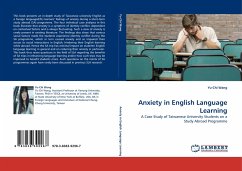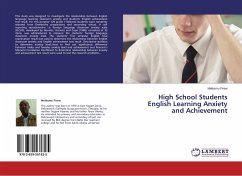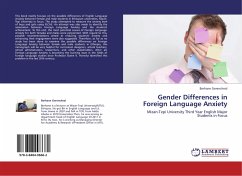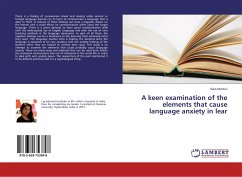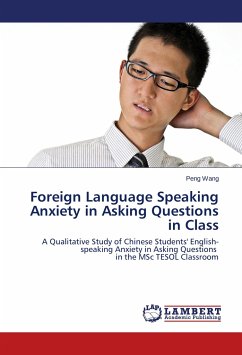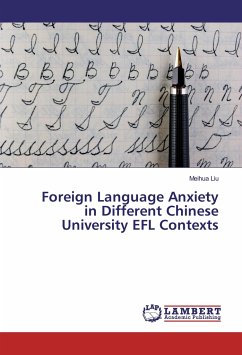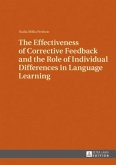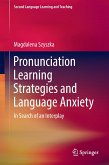This book presents an in-depth study of Taiwanese university English as a foreign language(EFL) learners' feelings of anxiety during a short-term study abroad (SA) programme. The four individual case analyses in this book illustrate that anxiety is a symptom of identity conflict, dependent on contextual factors and is always fluctuating. Such a view of anxiety is rarely present in existing literature. The findings also show that various social factors made the students experience identity conflict during the SA programme, which in turn caused anxiety and so impaired their access to social interactions in English, hindering their English learning while abroad. Hence the SA trip has minimal impact on students' English language learning in general and on reducing their anxiety in particular. This book thus raises questions in the field of SLA regarding the benefits of SA trips in enhancing language learning and/or how such trips may be improved to benefit students more. Such questions on the merits of SA programmes again have rarely been discussed in previous SLA research.
Bitte wählen Sie Ihr Anliegen aus.
Rechnungen
Retourenschein anfordern
Bestellstatus
Storno

